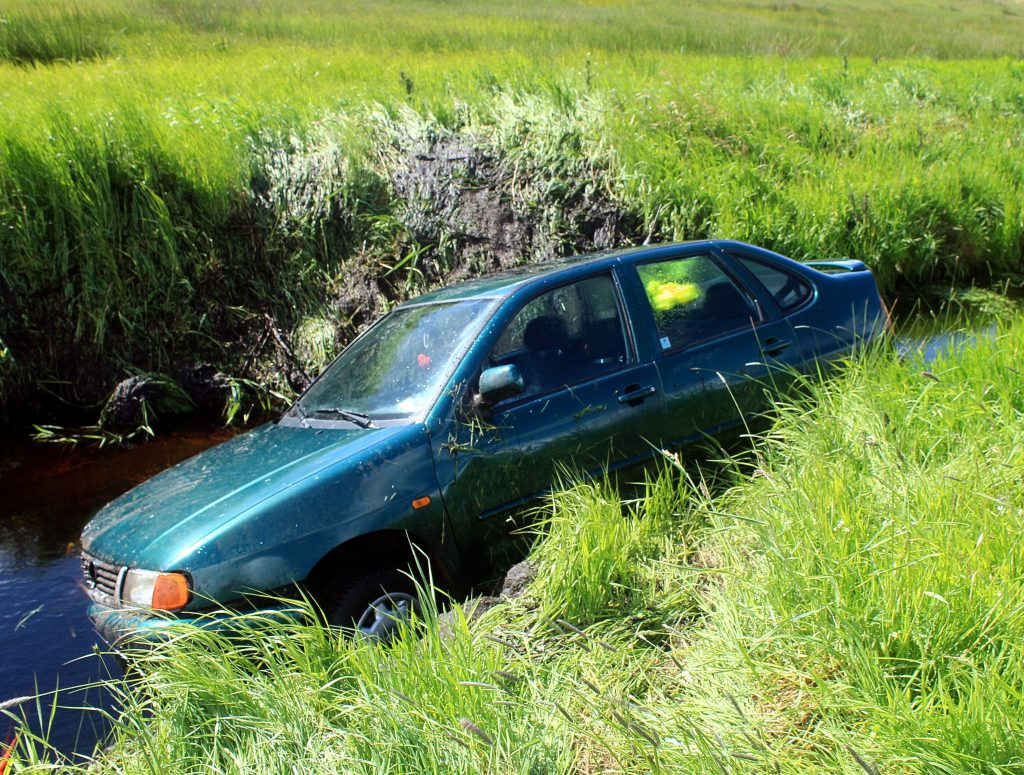 After being involved in a motor vehicle accident, you will likely be left with various damages, including medical injuries. Although you may assume insurance will cover all of your injuries and related damages, this is not always the case. The following Ouachita Parish case demonstrates the importance of understanding your policies and legal rights when it comes to motor vehicle insurance claims and of hiring an experienced attorney if you are left unsure of these rights.
After being involved in a motor vehicle accident, you will likely be left with various damages, including medical injuries. Although you may assume insurance will cover all of your injuries and related damages, this is not always the case. The following Ouachita Parish case demonstrates the importance of understanding your policies and legal rights when it comes to motor vehicle insurance claims and of hiring an experienced attorney if you are left unsure of these rights.
Alcender Williams, Jr. was injured while crossing an intersection and being hit by a motor vehicle. Williams subsequently filed a claim to the insurance company of the vehicle’s owner, Sharon Davis, where he and the company, Progressive Security Insurance (hereinafter referred to as Progressive), agreed to a settlement amount; Williams, however, resided with his mother, Bernadene Hubbard, at the time of the motor vehicle accident, and reserved his rights under her uninsured/underinsured motorist insurer Affirmative Casualty Insurance Company (hereinafter referred to as Affirmative). He then filed a claim asserting the limits of the Progressive policy was not enough to compensate him for his various damages. Williams’ claim was then rejected by Affirmative, who argued he was not included as a driver under the policy.
Williams then filed a lawsuit against Affirmative, where the trial and appeal courts found in favor of his claims for coverage. Affirmative was subsequently declared insolvent and, as a result, Louisiana Insurance Guaranty Association (hereinafter referred to as LIGA) took over the discharge of its obligation with regard to claims as provided by law.
 Louisiana Personal Injury Lawyer Blog
Louisiana Personal Injury Lawyer Blog


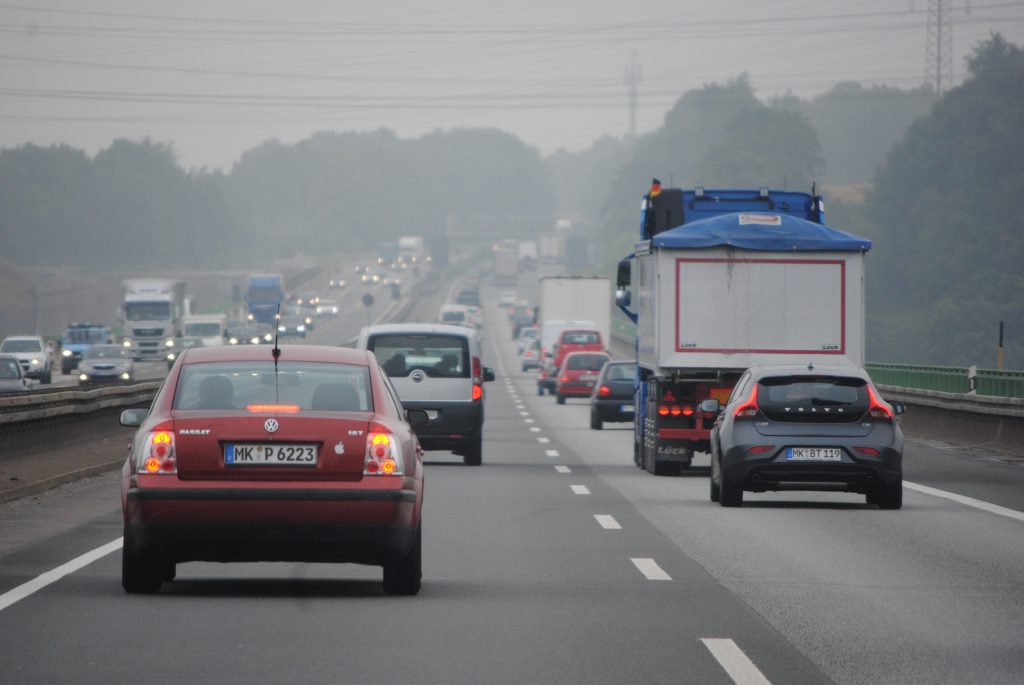 If you want to decline uninsured/underinsured (“UM”) coverage, you might think it is sufficient to merely tell your insurer you do not want UM coverage. However, under Louisiana law, there are strict requirements with which you must comply in order to validly waive UM coverage. What happens if the insured does not follow those formal requirements?
If you want to decline uninsured/underinsured (“UM”) coverage, you might think it is sufficient to merely tell your insurer you do not want UM coverage. However, under Louisiana law, there are strict requirements with which you must comply in order to validly waive UM coverage. What happens if the insured does not follow those formal requirements? 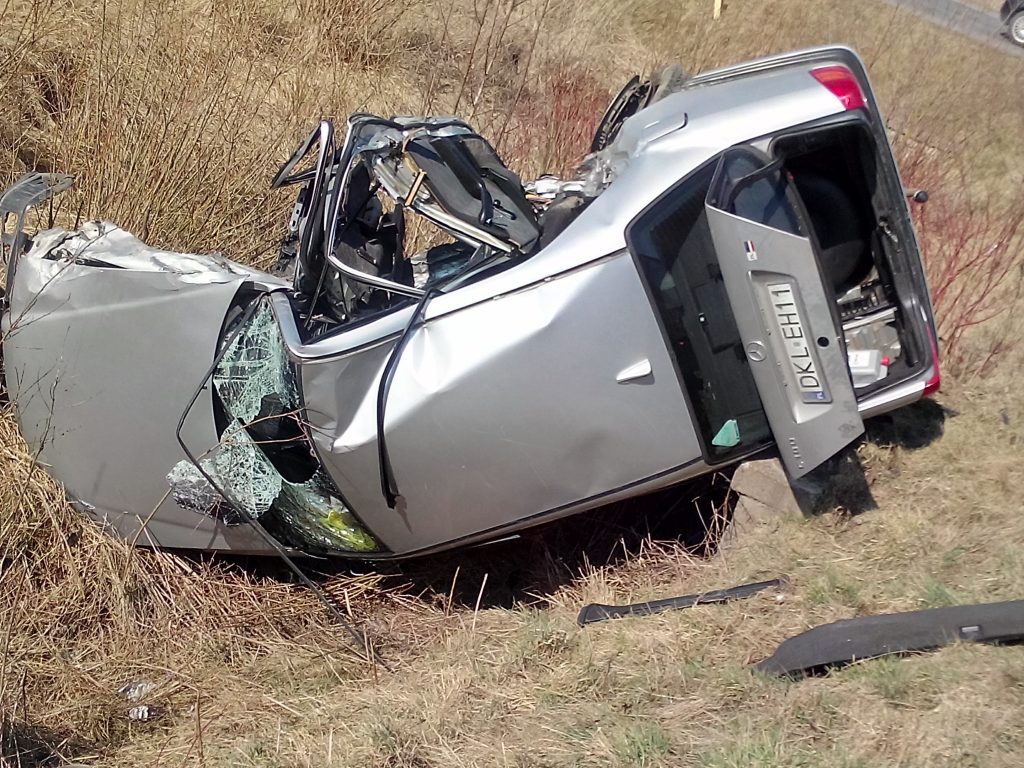 Car accidents can often give rise to lawsuits with complicated issues of causation and damages. Often, one or both sides will have expert witnesses to help explain complicated issues to the jury. What happens if one side argues the other side’s expert witness should not be allowed to testify as an expert witness?
Car accidents can often give rise to lawsuits with complicated issues of causation and damages. Often, one or both sides will have expert witnesses to help explain complicated issues to the jury. What happens if one side argues the other side’s expert witness should not be allowed to testify as an expert witness? Although money can never replace a loved one, if you find yourself in the tragic aftermath of a loved one’s death, you might be looking to recover damages from the responsible parties. However, the process of recovering damages can be difficult and emotionally charged. This is especially true if an insurance policy is involved and the insurer argues it is not required to provide coverage.
Although money can never replace a loved one, if you find yourself in the tragic aftermath of a loved one’s death, you might be looking to recover damages from the responsible parties. However, the process of recovering damages can be difficult and emotionally charged. This is especially true if an insurance policy is involved and the insurer argues it is not required to provide coverage.  Automobile insurance policies can help compensate you if you are injured in a car accident. However, it is essential to be aware of potential policy exclusions that limit what you are entitled to recover. This is especially true with uninsured/underinsured motorist (“UM”) insurance because an insurer is allowed to have exclusions, such as the exclusion of vehicles covered by the insurance policy.
Automobile insurance policies can help compensate you if you are injured in a car accident. However, it is essential to be aware of potential policy exclusions that limit what you are entitled to recover. This is especially true with uninsured/underinsured motorist (“UM”) insurance because an insurer is allowed to have exclusions, such as the exclusion of vehicles covered by the insurance policy.  If you prevail in a lawsuit, you might be entitled to various damages. One type of damages available in Louisiana is
If you prevail in a lawsuit, you might be entitled to various damages. One type of damages available in Louisiana is 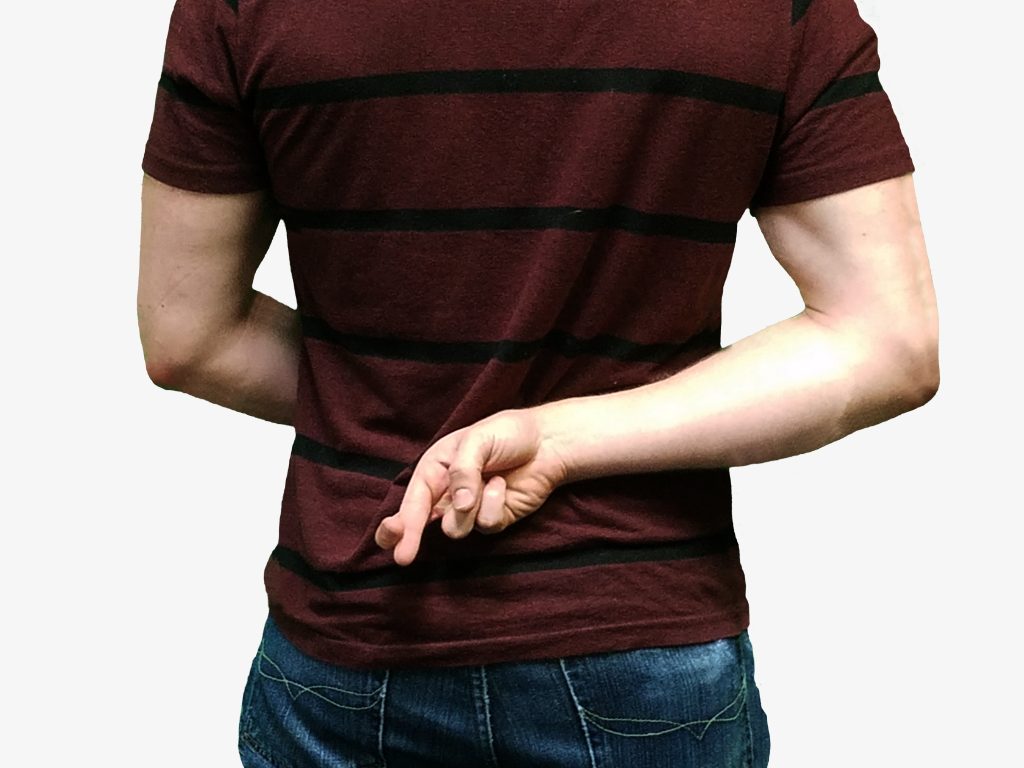 What are the consequences of lying in a workers’ compensation claim? They can be harsh, as shown in the following lawsuit. Betty Reeder, a Certified Nursing Assistant (CNA) at Hardtner Medical Center, found herself embroiled in a legal battle after suffering an injury on the job. This article examines the details of the lawsuit, delves into the relevant Louisiana workers’ compensation law, and analyses the Appeals Court decision that shaped the outcome.
What are the consequences of lying in a workers’ compensation claim? They can be harsh, as shown in the following lawsuit. Betty Reeder, a Certified Nursing Assistant (CNA) at Hardtner Medical Center, found herself embroiled in a legal battle after suffering an injury on the job. This article examines the details of the lawsuit, delves into the relevant Louisiana workers’ compensation law, and analyses the Appeals Court decision that shaped the outcome. In the world of litigation, there are often cases that raise questions about who should be held responsible for damages caused by certain events. Take the recent case of Christopher Blanchard, who claimed damages after his police car was hit by a stolen car. The trial court granted summary judgment in favor of the defendants, GoAuto Insurance Company and its insured, Demetrius J. Hicks, dismissing Blanchard’s claim for damages. The court ruled that Hicks, the vehicle’s owner, was not liable for the damages caused by an unknown thief who stole his truck and crashed it into Blanchard’s police car. To better understand how this came about, let us examine the facts and legal arguments of the case and explore the court’s reasoning for upholding the verdict.
In the world of litigation, there are often cases that raise questions about who should be held responsible for damages caused by certain events. Take the recent case of Christopher Blanchard, who claimed damages after his police car was hit by a stolen car. The trial court granted summary judgment in favor of the defendants, GoAuto Insurance Company and its insured, Demetrius J. Hicks, dismissing Blanchard’s claim for damages. The court ruled that Hicks, the vehicle’s owner, was not liable for the damages caused by an unknown thief who stole his truck and crashed it into Blanchard’s police car. To better understand how this came about, let us examine the facts and legal arguments of the case and explore the court’s reasoning for upholding the verdict.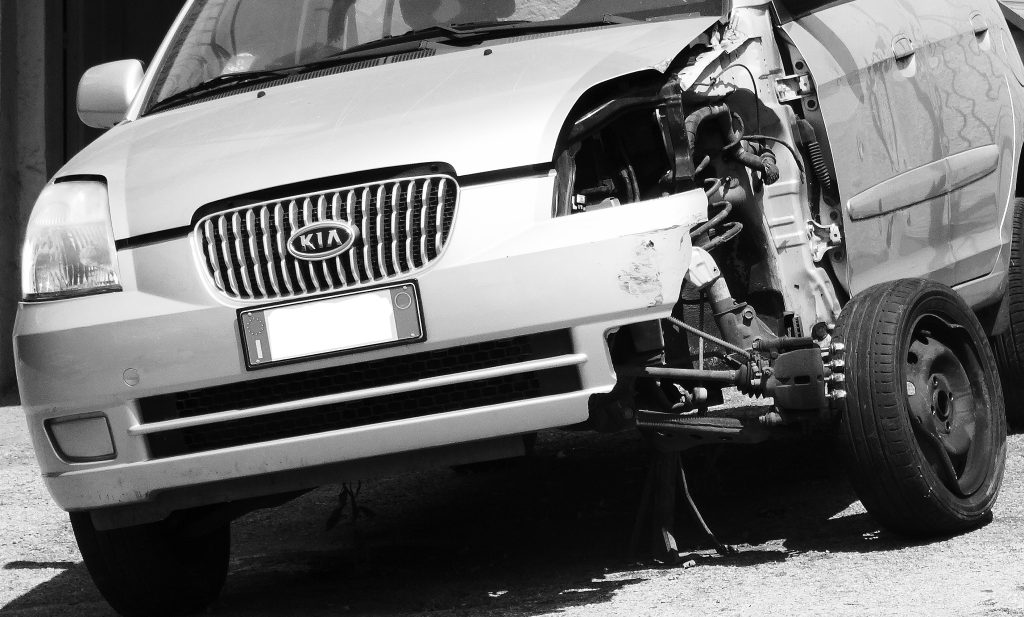 To succeed in a lawsuit, it is not enough that your claim has merit. Rather, you must also comply with sometimes complex procedural requirements. These requirements include strict time limits in which you must file your claim. Otherwise, even if your claim has merit, it could be dismissed because of a peremptory exception of prescription. The following lawsuit involving bad faith insurance claims shows just how critical timely filing and proper crafting of a lawsuit are to preserve all of your claims.
To succeed in a lawsuit, it is not enough that your claim has merit. Rather, you must also comply with sometimes complex procedural requirements. These requirements include strict time limits in which you must file your claim. Otherwise, even if your claim has merit, it could be dismissed because of a peremptory exception of prescription. The following lawsuit involving bad faith insurance claims shows just how critical timely filing and proper crafting of a lawsuit are to preserve all of your claims.  A homeowner’s insurance policy can help protect you if someone is injured on your property. However, like any insurance policy, a homeowner’s insurance policy can include many exclusions that limit what type of injuries your insurance policy will cover. If such an exclusion applies to your claim, your insurance company will likely try to claim it is not responsible for the pay the damages claimed. This can result in complex litigation, including complicated procedural devices such as the peremptory exception of no right of action at issue in the following case.
A homeowner’s insurance policy can help protect you if someone is injured on your property. However, like any insurance policy, a homeowner’s insurance policy can include many exclusions that limit what type of injuries your insurance policy will cover. If such an exclusion applies to your claim, your insurance company will likely try to claim it is not responsible for the pay the damages claimed. This can result in complex litigation, including complicated procedural devices such as the peremptory exception of no right of action at issue in the following case.